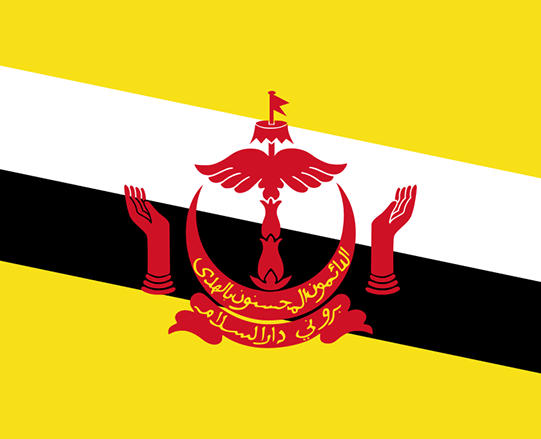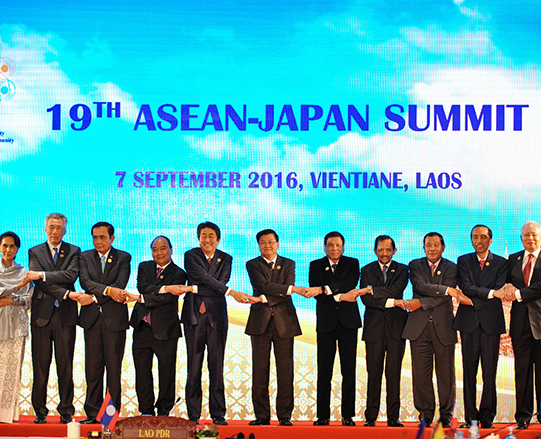The Human Dignity Trust vigorously condemns the Brunei government’s move to fast track the final phases of a new Syariah Penal Code, which includes brutal punishments such as whipping and death by stoning.
After years of continually delaying the enactment of phases two and three of the Syariah Penal Code (SPC), the Brunei Government is now rushing through these final phases concurrently, with the laws scheduled to take effect on 3 April 2019.
The SPC incorporates a number of extreme punishments, including the amputation of limbs for theft, the death penalty for apostasy, and a range of penalties for those found guilty of same-sex activity.
‘We urge the Brunei government to halt the introduction of these cruel, inhuman and degrading laws, and to immediately revise its Penal Code, which clearly contravenes a multitude of international human rights standards,’ said Téa Braun, the Human Dignity Trust’s Director.
Brunei has signed, but not ratified the UN Convention Against Torture and Other Cruel, Inhuman or Degrading Treatment or Punishment. However, the prohibition against torture is what is known as a peremptory norm of international law, whereby states are bound by it regardless of whether they have ratified the treaty itself.
We urge the Brunei government to halt the introduction of these cruel, inhuman and degrading laws, and to immediately revise its Penal Code, which clearly contravenes a multitude of international human rights standards
The Syariah Penal Code Order 2013 criminalises liwat, defined as “sexual intercourse between a man and another man or between a man and a woman other than his wife, done against the order of nature that is through the anus.”
Liwat is punishable either with stoning to death witnessed by a group of Muslims, whipping with 100 strokes witnessed by a group of Muslims, and imprisonment for a term of one year.
Musahaqa, or same-sex intimacy between women, is also criminalised, with a maximum punishment of ten years imprisonment, whipping of up to 40 strokes, a fine of up to 40,000 Brunei dollars (approximately £22,500), or a combination any two.
Although the commencement order was posted on the Attorney General’s Chambers website, human rights activists report that no official statement has been made advising the public that implementation of this final phase of legislation is taking place, and there has been no reporting of it by local media.
‘While this means that the Government is breaking its promise to implement the laws in three distinct phases, with a grace period between each phase, what is even more alarming is the secrecy with which it is doing so,’ said Matthew Woolfe, of the Brunei Project, an independent human rights initiative that has been monitoring and raising awareness about human rights in Brunei since May 2015.
Brunei is a Commonwealth country, and one of 73 jurisdictions around the world that still criminalise private, consensual sexual activity between adults of the same sex.
Notes to editors
- The Human Dignity Trust works with LGBT activists around the world to defend human rights in countries where private consensual sexual activity between adults of the same sex is criminalised. We link the international legal community with local organisations who are challenging laws that persecute people on the basis of their sexual orientation and/or gender identity.
For more information contact:
Emma Eastwood, Head of Strategic Communications, HDT
T: +44 (0)20 7419 3770 / E: emmaeastwood@humandignitytrust.org / Twitter: @HumanDignityT



